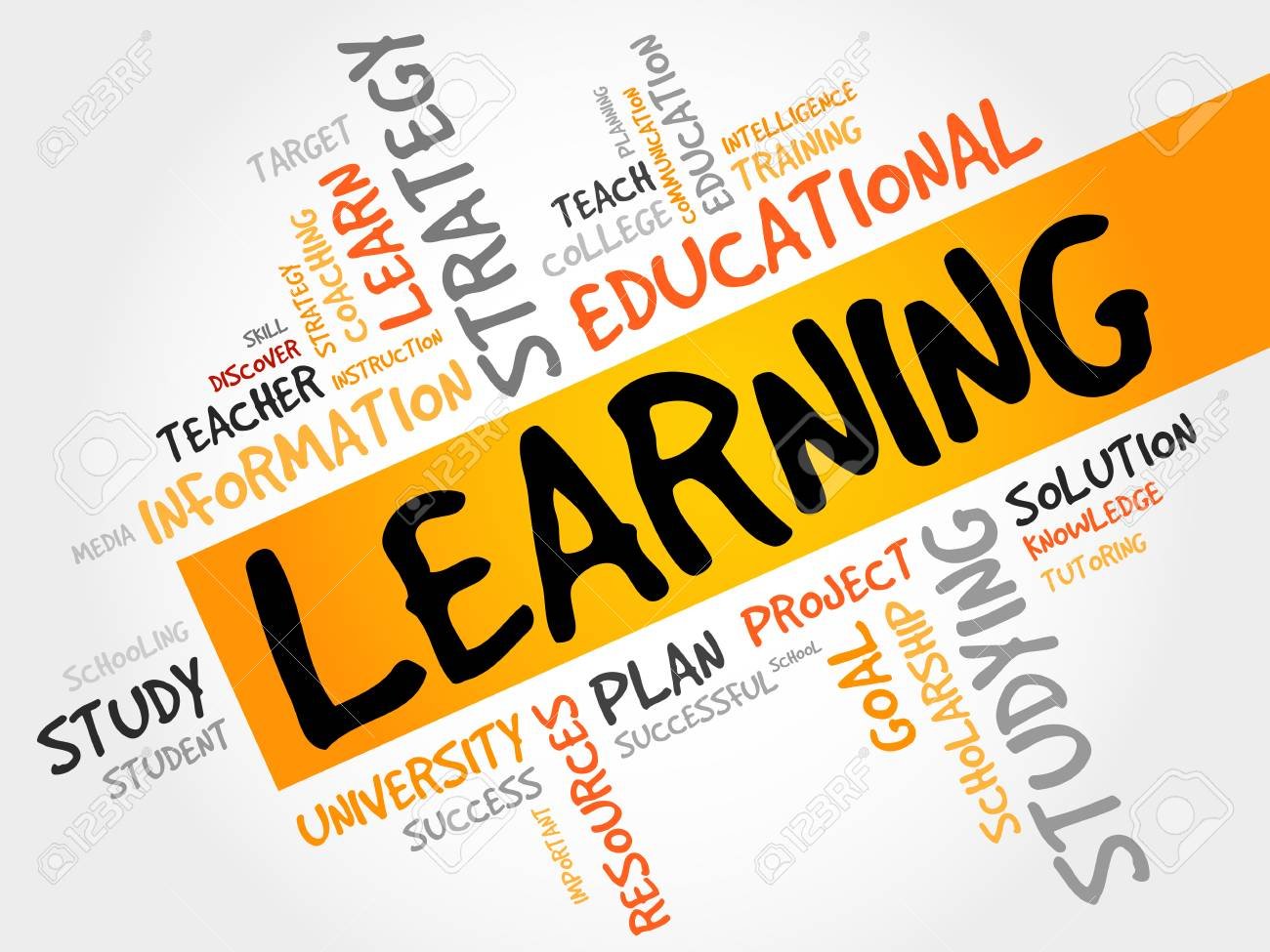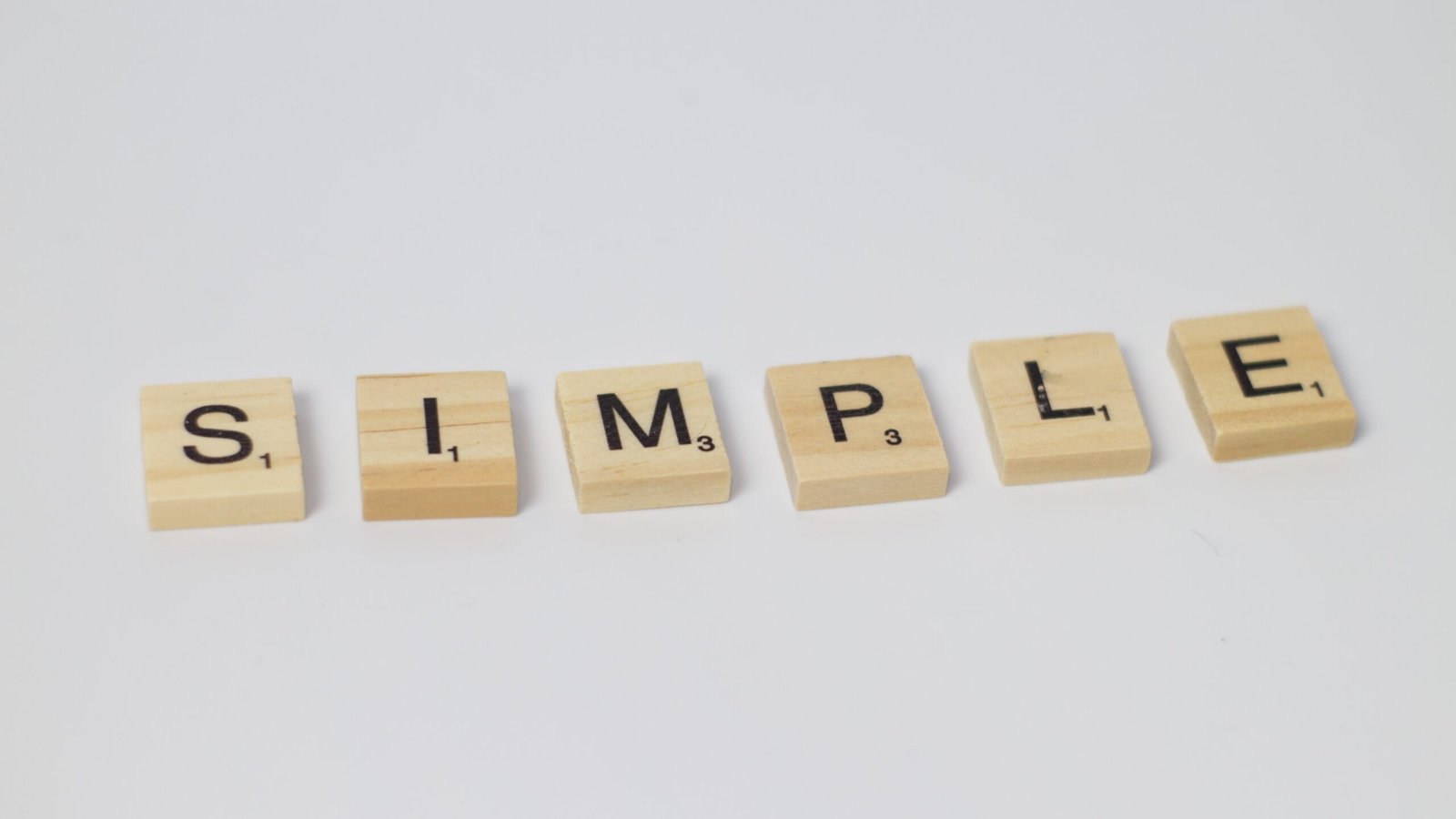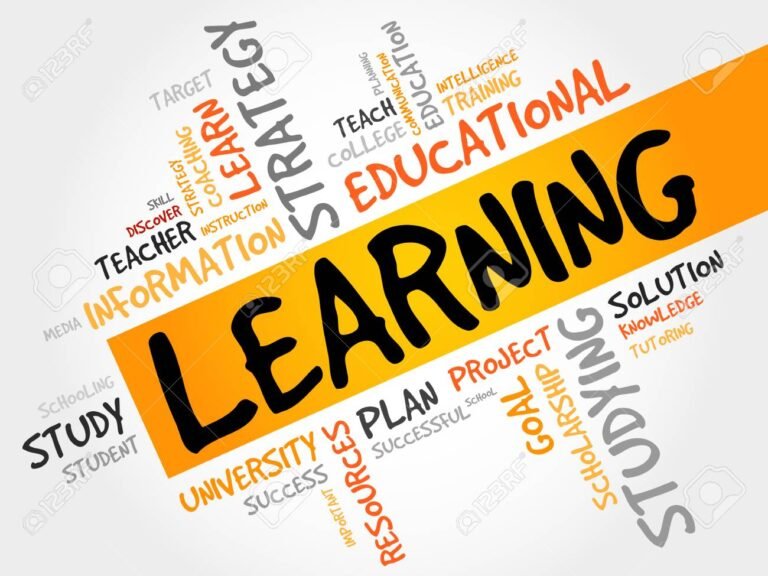Learning a new word can be done through various methods, and the most effective approach often depends on your personal learning style and preferences. Here are different ways to learn a word:
- Contextual Reading: One of the most effective ways to learn a word is through reading. When you encounter a new word in a sentence or passage, the context can often help you understand its meaning. Try to read diverse materials, including books, newspapers, and online articles to expose yourself to different vocabulary.
- Dictionary: A traditional and reliable method is to look up words in a dictionary. Modern dictionaries also come in app or online form, making it easier to access definitions, examples, and pronunciation.
- Flashcards: Create flashcards with the word on one side and its definition, usage, or an image on the other side. This is a proven method for memorizing vocabulary.
- Language Learning Apps: There are numerous language learning apps (e.g., Duolingo, Memrise, Anki) that use spaced repetition techniques to help you remember words and their meanings.
- Mnemonics: Create associations or mental images to help you remember words. For instance, you might associate a word with a similar-sounding word in your native language or create a vivid mental picture related to the word’s meaning.
- Word of the Day: Subscribe to a “word of the day” service or follow accounts on social media that post daily vocabulary words. This exposes you to new words regularly.
- Thematic Learning: Group words into themes or categories. Learning related words together can make it easier to remember them. For example, learn a set of kitchen-related words at once.
- Etymology: Understanding the word’s origin and roots can help you remember it. Many words have Latin, Greek, or other language origins, and knowing the etymology can provide insight into their meanings.
- Conversation and Usage: Use the word in your everyday conversation or writing. Applying a word in real-life situations reinforces your memory and understanding of it.
- Vocabulary Lists: Create lists of words you want to learn and review them regularly. You can organize these lists by difficulty or theme.
- Audio Learning: Listen to podcasts, audiobooks, or language courses that incorporate the word you want to learn. Hearing the word in context can help with pronunciation and understanding.
- Visual Aids: Create visual aids like charts, diagrams, or mind maps to connect words with related concepts or synonyms.
- Language Exchange Partners: If you’re learning a new language, practice with native speakers or language exchange partners. They can introduce you to new vocabulary and correct your usage.
- Online Resources: Websites and forums like WordReference, Merriam-Webster, or thesaurus.com provide definitions, synonyms, antonyms, and discussion forums to help you learn words.
- Games and Puzzles: Engage in word games like crossword puzzles, Scrabble, or word search games. These can be both fun and educational.
- Use New Words in Writing: Incorporate newly learned words into your writing, whether it’s in essays, stories, or journal entries.
- Visualization: Create mental images associated with the word’s meaning. This technique can be particularly useful for concrete nouns.
- Repetition: Regularly reviewing and repeating the word helps reinforce your memory.
Remember that the most effective method for learning a word may vary from person to person. It’s often beneficial to combine several of these approaches to make your vocabulary acquisition more comprehensive and efficient.









+ There are no comments
Add yours